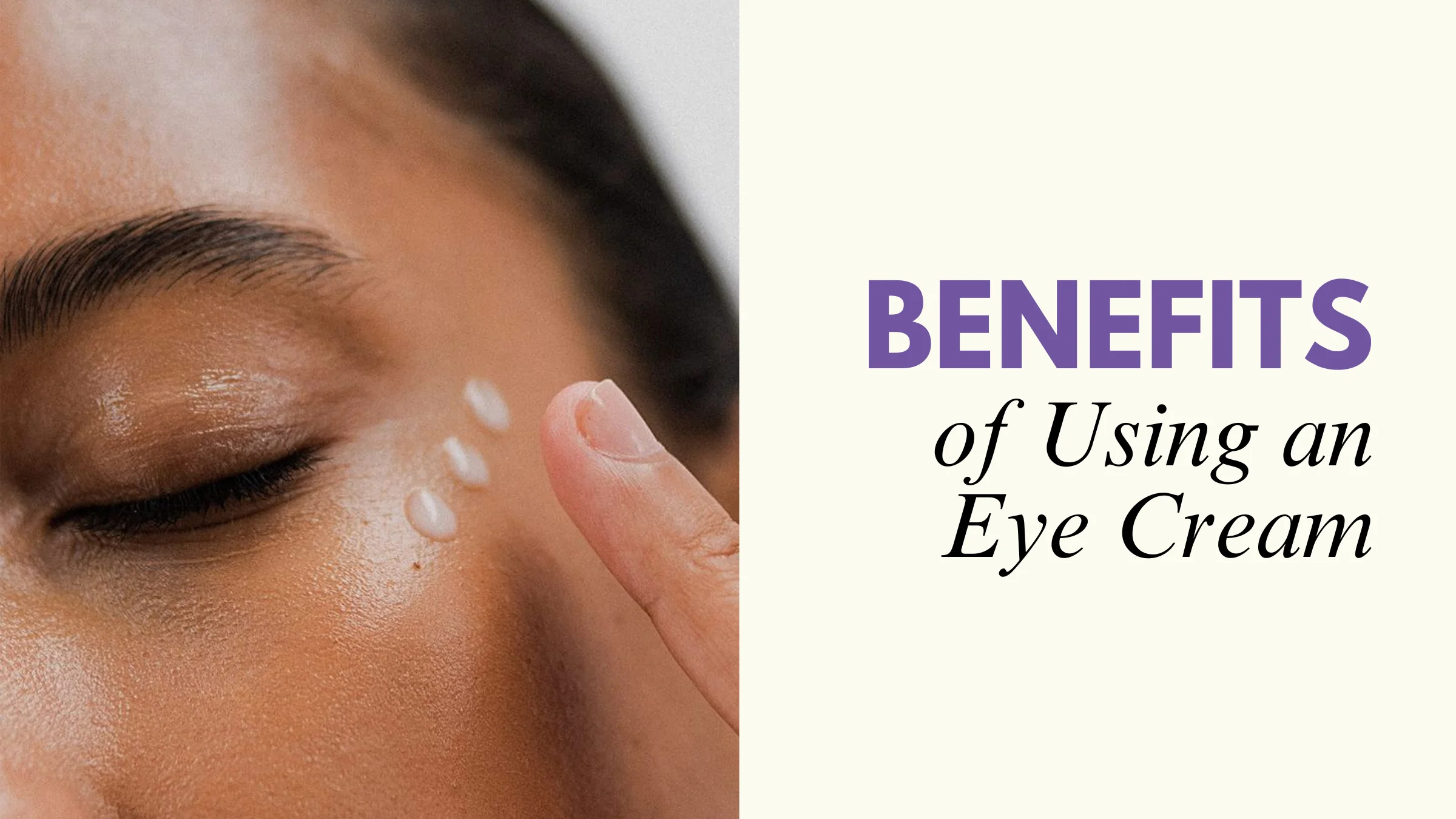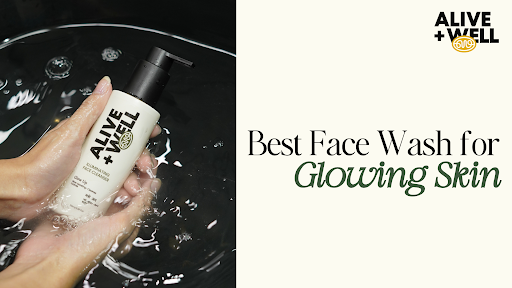How to stop pimples coming on face
Pimples, also known as acne, can be frustrating and affect your confidence. Whether you’re dealing with a few spots or frequent breakouts, there are easy and effective ways to help stop pimples from appearing on your face. Understanding the causes of pimples and making simple adjustments to your skincare routine and lifestyle can make a significant difference. In this blog, we’ll walk you through practical steps you can take to prevent pimples in an easy-to-follow format.
1. Understand the Causes of Pimples
Before diving into prevention, it’s important to understand why pimples happen. Pimples occur when hair follicles become clogged with oil, dead skin cells, and bacteria. Several factors contribute to clogged pores, including:
- Excess oil production: Overactive sebaceous (oil) glands can clog pores, leading to pimples.
- Hormonal changes: Hormonal fluctuations, especially during puberty, menstruation, or pregnancy, can increase oil production.
- Bacteria: Propionibacterium acnes, a bacteria found on the skin, can multiply in clogged pores and cause pimples.
- Diet: Certain foods, such as dairy, sugary snacks, and fast food, may trigger acne for some people.
- Stress: Stress increases the production of hormones like cortisol, which can worsen acne.
By understanding these causes, you can take the right steps to reduce your risk of breakouts.
2. Create a Simple Skincare Routine
A consistent skincare routine is crucial for preventing pimples. Follow these basic steps to keep your skin clear:
Cleanse Your Face Twice a Day
Washing your face regularly helps remove excess oil, dirt, and bacteria that could clog your pores. Use a gentle, non-comedogenic (won’t clog pores) facial cleanser. Choose one based on your skin type:
- For oily skin: Look for gel or foaming cleansers.
- For dry skin: Opt for a creamy, hydrating cleanser.
Make sure to cleanse your face once in the morning and once before bed to keep your skin fresh and clean.
Exfoliate Weekly
Exfoliating helps remove dead skin cells, which can clog your pores. But don’t overdo it. Exfoliate once or twice a week to prevent irritation and dryness. Use a gentle exfoliator with ingredients like salicylic acid or glycolic acid to help clear the skin without causing damage.
Moisturize
It’s important to keep your skin hydrated, even if you have oily skin. Look for a lightweight, oil-free, non-comedogenic moisturizer to keep your skin smooth and balanced.
3. Use Acne-Fighting Products
Certain ingredients in skincare products are great for preventing pimples. Here are some popular ones:
Salicylic Acid
Salicylic acid is a powerful exfoliant that helps unclog pores. It’s a common ingredient in many acne treatments and helps reduce the appearance of pimples. Look for face washes, spot treatments, or toners that contain salicylic acid.
Benzoyl Peroxide
Benzoyl peroxide works by killing the bacteria that cause acne. It also helps to reduce inflammation. You can find it in many acne creams, gels, and spot treatments. Start with a lower concentration (2.5% to 5%) to avoid irritating your skin.
Retinoids
Retinoids, or vitamin A derivatives, promote cell turnover and prevent clogged pores. They can also improve skin texture and help reduce acne scars. You can find over-the-counter options, or consult a dermatologist for stronger prescriptions.
Tea Tree Oil
Tea tree oil is a natural alternative to benzoyl peroxide. It has antibacterial properties and can help reduce inflammation. Apply diluted tea tree oil directly to problem areas.
4. Maintain a Healthy Diet
Your diet can have a big impact on your skin. While it’s not the sole cause of pimples, certain foods may trigger acne. Here’s what you can do:
Eat a Balanced Diet
Include a variety of fruits, vegetables, lean proteins, and whole grains in your meals. These foods help nourish your skin and reduce inflammation, which can help prevent pimples.
Avoid Sugary Foods and Dairy
Some studies suggest that a high-glycemic diet (foods that raise your blood sugar quickly) and dairy products may contribute to acne. Consider reducing your intake of sugary foods, snacks, and milk if you notice a link between these foods and your breakouts.
Stay Hydrated
Drinking plenty of water helps keep your skin hydrated and flushes out toxins. Aim for at least 8 glasses of water a day to support healthy skin.
5. Be Mindful of Stress
Stress can increase the production of cortisol, a hormone that may lead to excess oil production and trigger pimples. Managing stress is essential for keeping your skin clear.
Here are some stress-reducing techniques:
- Exercise regularly: Physical activity helps lower stress levels and improves blood circulation, which benefits the skin.
- Practice relaxation techniques: Yoga, meditation, and deep breathing exercises can help reduce stress.
- Get enough sleep: Aim for 7–8 hours of sleep per night to allow your skin time to repair itself and reduce the chances of stress-related breakouts.
6. Avoid Touching Your Face
Your hands carry bacteria, oils, and dirt, which can be transferred to your face if you touch it frequently. This can lead to clogged pores and pimples. Try to avoid touching your face, especially with dirty hands.
Additionally, keep items like your phone, pillowcases, and makeup brushes clean, as they can harbor bacteria that may contribute to pimples.
7. Keep Your Hair Clean and Away from Your Face
If you have long hair, try to keep it away from your face to prevent oils and hair products from transferring to your skin. Additionally, if you have oily hair, wash it regularly to avoid excess oils from coming into contact with your face.
8. Consider Professional Treatments
If you’re still struggling with pimples despite following these tips, it may be time to consult a dermatologist. A dermatologist can offer stronger treatments, such as:
- Prescription medications: These can include topical treatments or oral medications that help control acne.
- Chemical peels: A chemical peel exfoliates the skin, removes dead skin cells, and unclogs pores.
- Laser treatments: Certain laser treatments can target the bacteria causing acne and reduce inflammation.
9. Be Patient and Consistent
Preventing pimples takes time. It’s essential to be consistent with your skincare routine and lifestyle changes. Don’t expect immediate results. It may take a few weeks for your skin to show improvements, so stick with your routine and give it time.
Final Thoughts
While it might not be possible to completely stop pimples from coming, adopting a healthy skincare routine, maintaining a balanced diet, and managing stress can significantly reduce breakouts. By being patient and following these simple tips, you can enjoy clearer skin and feel more confident. If pimples persist, remember that a dermatologist can help you find the right treatment for your skin.
With a little effort and consistency, you can keep pimples at bay and reveal your healthiest, clearest skin.
FAQ
1 Does washing my face more often help prevent pimples?
Washing your face too often can strip the skin of natural oils, leading to irritation and more oil production, which can actually worsen acne. Wash your face twice a day (morning and night) with a gentle cleanser. Over-washing can cause dryness and trigger an overproduction of sebum.
2 Does stress cause pimples?
Yes, stress can trigger an increase in the production of hormones like cortisol, which can lead to increased oil production in the skin and clogged pores, potentially causing pimples. Managing stress through relaxation techniques like deep breathing, exercise, or meditation can help prevent acne flare-ups.
3 Does diet affect pimples?
While there’s no direct cause-and-effect relationship between food and pimples, some studies suggest that certain foods can trigger acne in some people. Foods high in refined sugars, dairy, and unhealthy fats might contribute to acne. A balanced diet rich in fruits, vegetables, and whole grains may help keep your skin clear.
4 Can I use makeup if I have acne-prone skin?
Yes, you can wear makeup, but it’s important to use non-comedogenic products that won’t clog your pores. Look for oil-free foundations and makeup that are labeled “acne-safe.” Always remove makeup thoroughly at the end of the day to prevent pores from becoming clogged.
5 Is it okay to pop a pimple?
No, it’s not recommended to pop pimples. Doing so can push bacteria deeper into the skin, making the pimple worse and increasing the risk of scarring. If you must, ensure that your hands and skin are thoroughly clean, and use a sterile needle to drain the pimple gently.
6 How long does it take for pimples to go away?
The length of time it takes for pimples to heal depends on the severity and type of pimple. Mild pimples can clear up in a few days to a week, while deeper cystic acne may take longer to heal. Consistent skincare and treatment can help speed up the healing process and prevent new pimples from forming.



